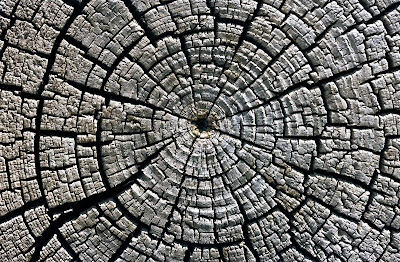by Sister Lou Ella Hickman
for those who were killed in lewiston, maine
by a man with an AR style gun
 |
| Just months before this week’s mass shooting in Lewiston, Maine’s Legislature considered three major bills to tighten gun restrictions: one to require criminal background checks for gun purchases, another to create a 72-hour waiting period before someone could take possession of a gun after purchasing it and a third to outlaw modifications that make semiautomatic weapons more deadly. All three bills were defeated in the Maine Senate by sizable margins. Maine, a largely blue state where Democrats control both chambers of the State Legislature and the governorship, has a long history of resisting gun control measures. —The New York Times, October 26, 2023 |
we begin this celebration
in the name of
my right my right my right
amen
our response to today’s reading
of the second amendment
page 6 in your hymnal
hail to thee, oh AR-15
we will sing all 25 verses
after which we will recite
our litany of thanksgiving
now let us rise and say together
for no background checks
we are thankful
for our mutual support
so needed in our holy culture of guns
against those who deny our rights
we are thankful
for being called to be a member
to this sacred society
we are thankful
for being able to sleep at night
we are thankful
for all those who sell AR-15s
for this we are truly thankful
for $$$$
we are very thankful
please join me after this service
for coffee donuts
and a short meeting
concerning future recruitment plans
now let us say amen to the final blessing
as we go to serve AR-15
















